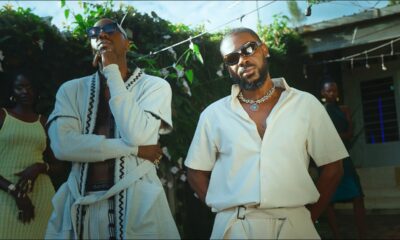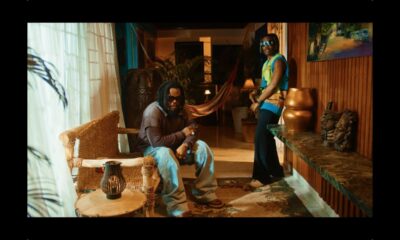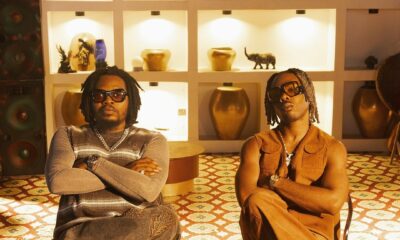Features
Nikki May, Author of “Wahala” Talks to Us About Her Debut Novel, its BBC Adaptation & Her Book Tour
I wanted to re-present my experience – I’m mixed-race and middle class. But it’s impossible to have four mixed-race characters without race and class creeping in, so I explore privilege, identity and belonging.
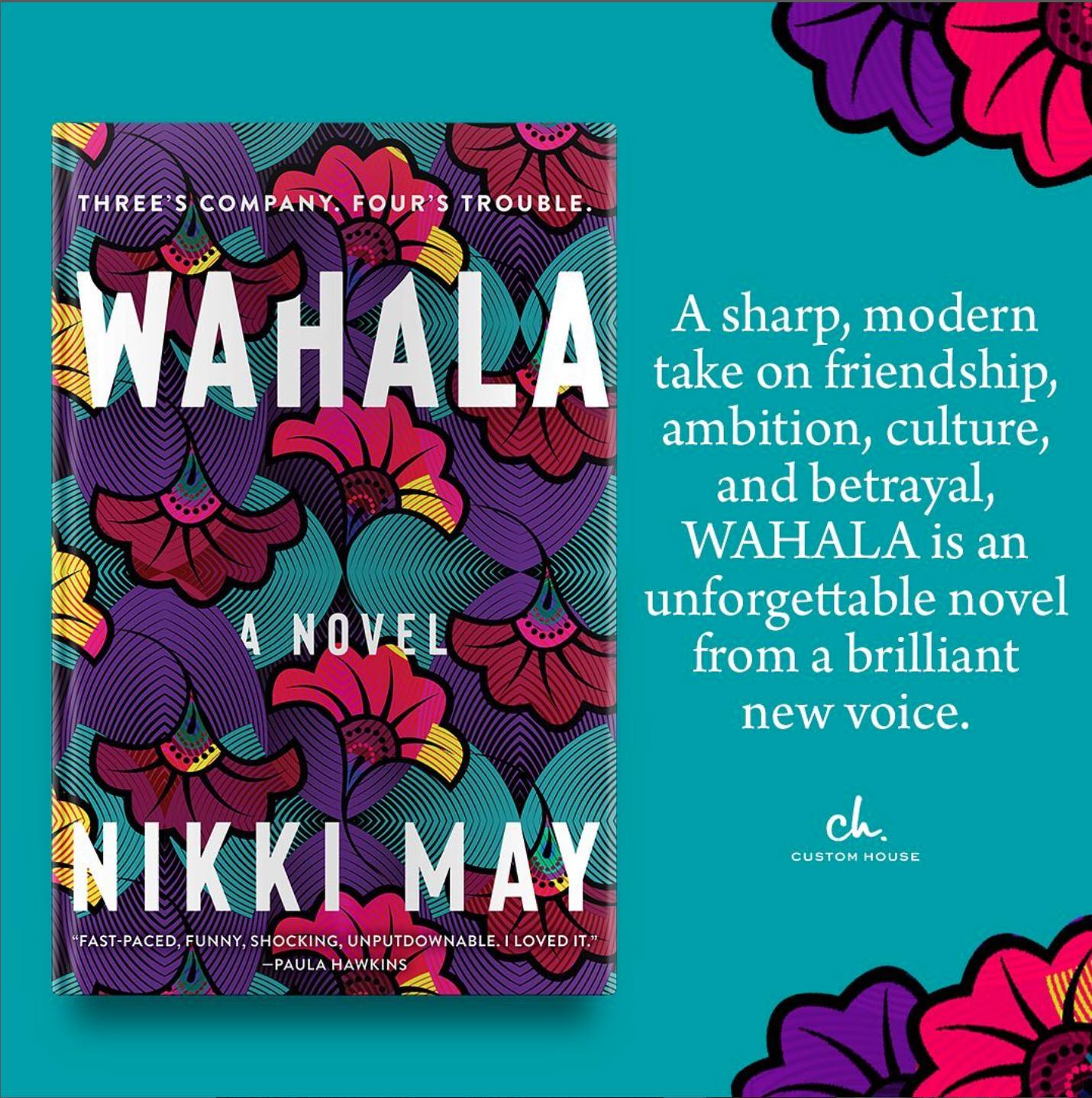
Wahala, a novel by Nikki May, was published in January 2022, but it has received thousands of positive reviews in the past few months. It is not so common for a writer to get such loud and enthusiastic approval for a debut novel, and if you are tempted to say Nikki is lucky, don’t be. It isn’t luck, Wahala is simply an excellent novel that is worth all the hype.
Born in Bristol and raised in Lagos, Nikki May is Anglo-Nigerian. In an interview with The Book Seller, Nikki May says that when you are mixed race, other people largely decide how you are going to be identified. You’re either too Black or not Black enough, too white or not white enough. She wanted to read a book that had people like her in it: mixed race, middle class, and successful. And then came Wahala.
Although set in London, the characters in Wahala are Nigerians, and people who have experienced racial backgrounds so differently. Ronke, Simi, and Boo are friends who met at a university in Bristol 17 years ago. Their friendship is crushed when Simi’s childhood friend, Isobel, a rich and influential girl insists on being the centre of every conversation. Isobel also knows the secrets that the three friends are keeping from each other.
The novel explores privilege, identity, and belonging. Today, Wahala has been commissioned by the BBC and is being adapted into a major prime-time 6-part TV series that will be distributed worldwide.
Nikki May recently concluded the book tour of Wahala in Lagos, Nigeria and we caught up with her to tell us all about her debut novel, its adaptation, and the tour.
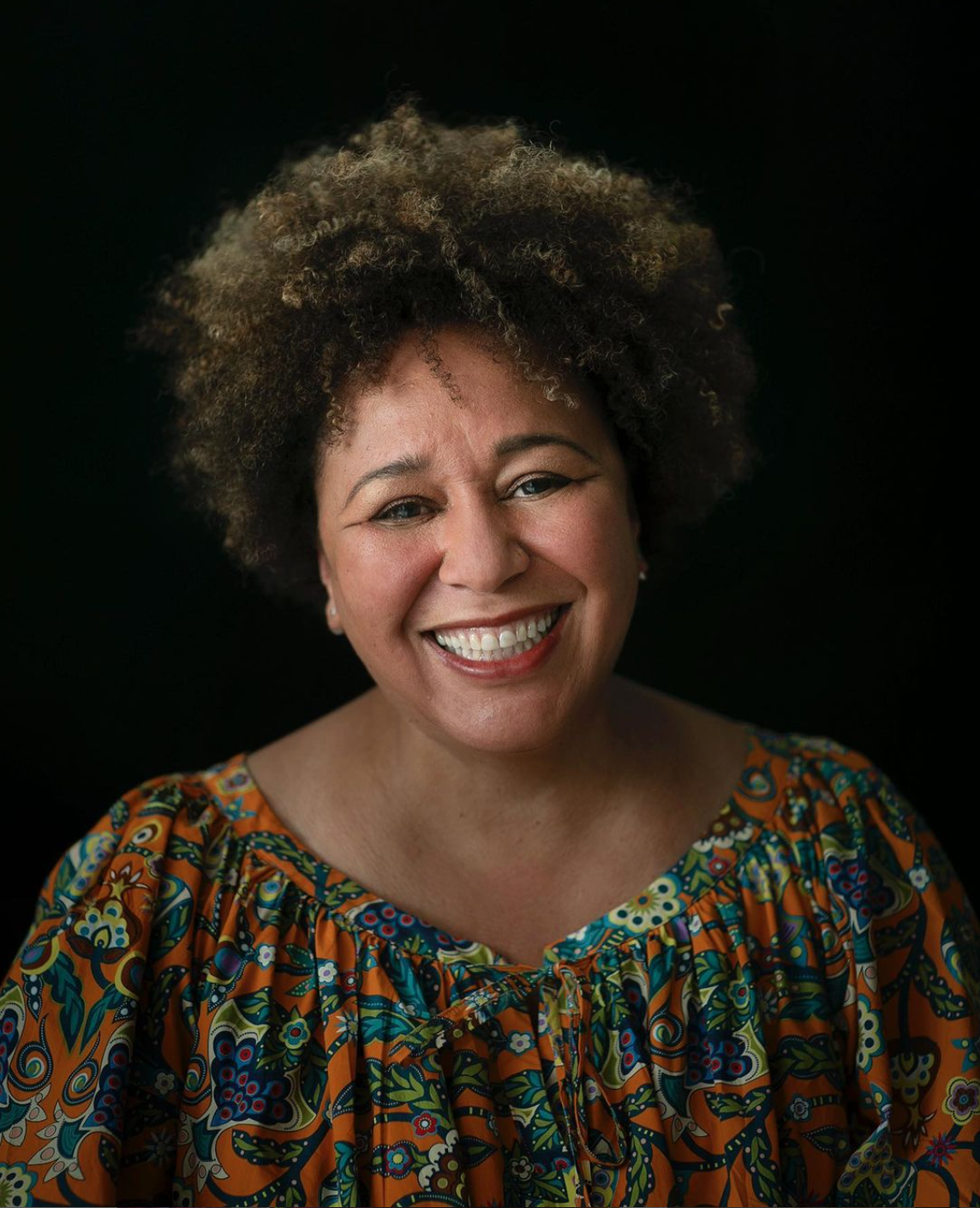
Hello Nikki, tell us all about the book adaptation and what we should expect to see on our screens
I am overjoyed, this is a dream come true and I still can’t believe it’s really happening! Hashtag ‘winning’. My producer, Liz Kilgarriff, of Firebird Pictures, previously produced Luther and Bodyguard, so I know Wahala is in safe hands. The script is being written by hugely talented Theresa Ikoko, she was BAFTA nominated for the movie Rocks. Like me, she’s a Nigerian living in the UK, so she gets what it’s all about. I will be the executive producer and will press pause when my name comes up on the credits. That is when I will believe this is real. We hope it will air in the second half of 2023 and we should have exciting news on casting later this year.
I think Theresa’s quote for Deadline sums up our ambitions: “Big little lies meet girlfriends — it will be an amazing celebration of Nigerian-British culture.”
There are always slight to huge changes from book to script. Are there some changes you won’t accept?
Once your book is optioned, you have very little control, which is why trust is so important. I have so much confidence in my team. They are incredibly collaborative, involving me in every part of the journey. Some things that work in writing don’t translate to screen, so I know there will be changes and I can’t wait to see what they are. The great thing is if it’s a hit, I can claim all the praise and if it’s a miss, I can deny any involvement.
The one part of the adaptation you cannot compromise?
The jollof rice! I will insist on a Nigerian chef doing the catering and have volunteered myself as a chief taster — it needs to be on point!
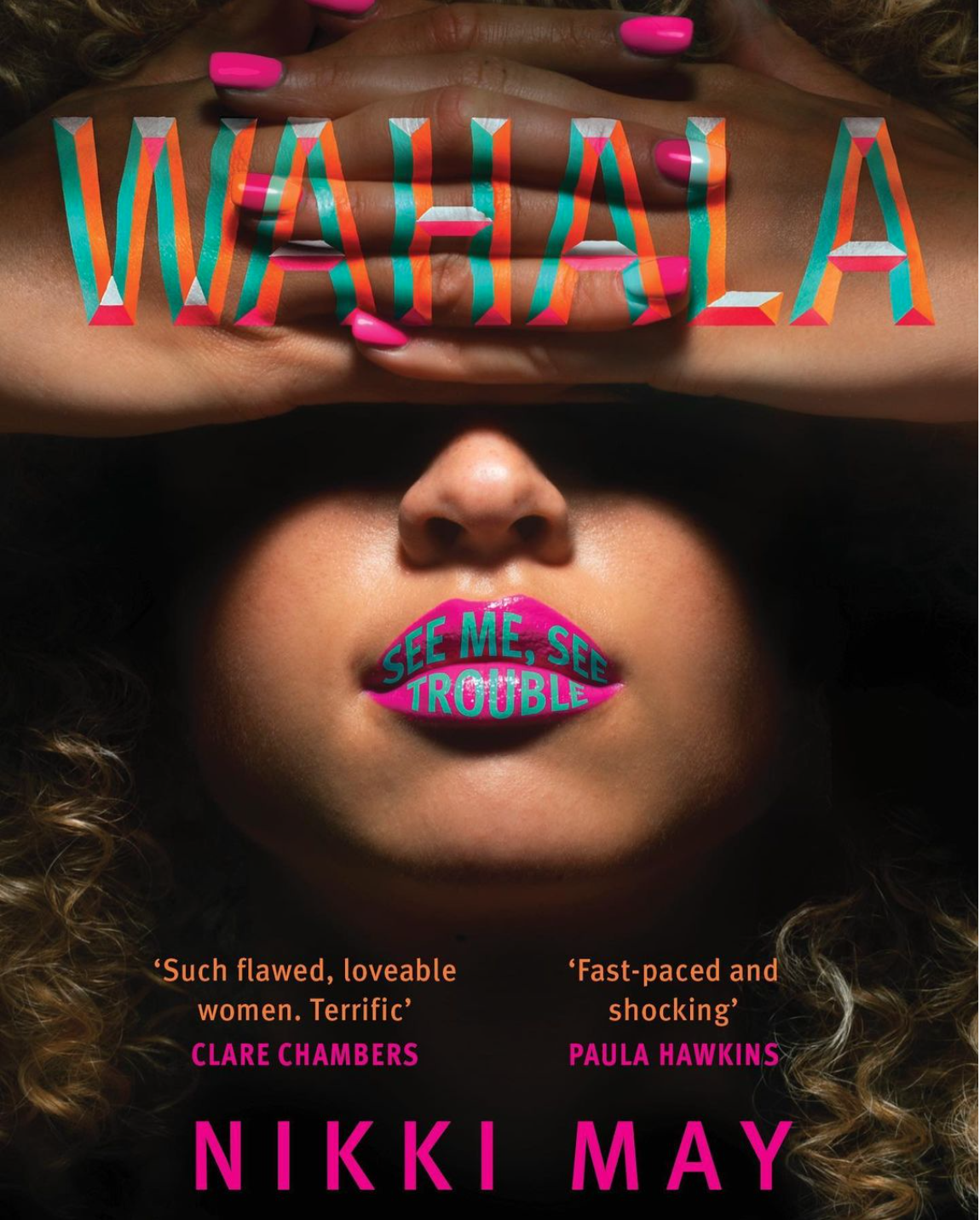
We agree! Let’s talk about the book. What were your challenges when bringing the characters to life?
When I started writing Wahala, the four main characters were already in my head. They were little bits of me and my Naija girls. But I soon realised that wasn’t enough — I had to get under their skin to know everything, to understand how they’d react in any situation and how they would cope with the wahala I was planning to inflict on them. So, I opened excel and started a very detailed character spreadsheet. I plotted out all their physical attributes, family background, hobbies, education, career, favourite food, and colour. There is nothing I don’t know about the women of Wahala!
Who among Simi, Ronke, Boo, and Isobel do you see yourself in the most?
I would love to say Ronke, but it has to be Simi. Like her, I dropped out of medical school, and suffer from crippling imposter syndrome and like her, I manage to keep it well hidden. I’m good at slapping on my ‘everything’s wonderful’ façade when anyone is looking. But I don’t have Simi’s figure, her wardrobe, or, unfortunately, the bank of Martin.
I don’t have anything in common with Isobel, at least I hope I don’t.
Ha! We bet you don’t. Which of the characters seemed more difficult to envision?
Simi! She was the biggest challenge. Ronke arrived fully formed, Boo took a bit more work. For Simi, I had to dig deep into myself, to explore the feelings of failure and shame — it was like therapy!
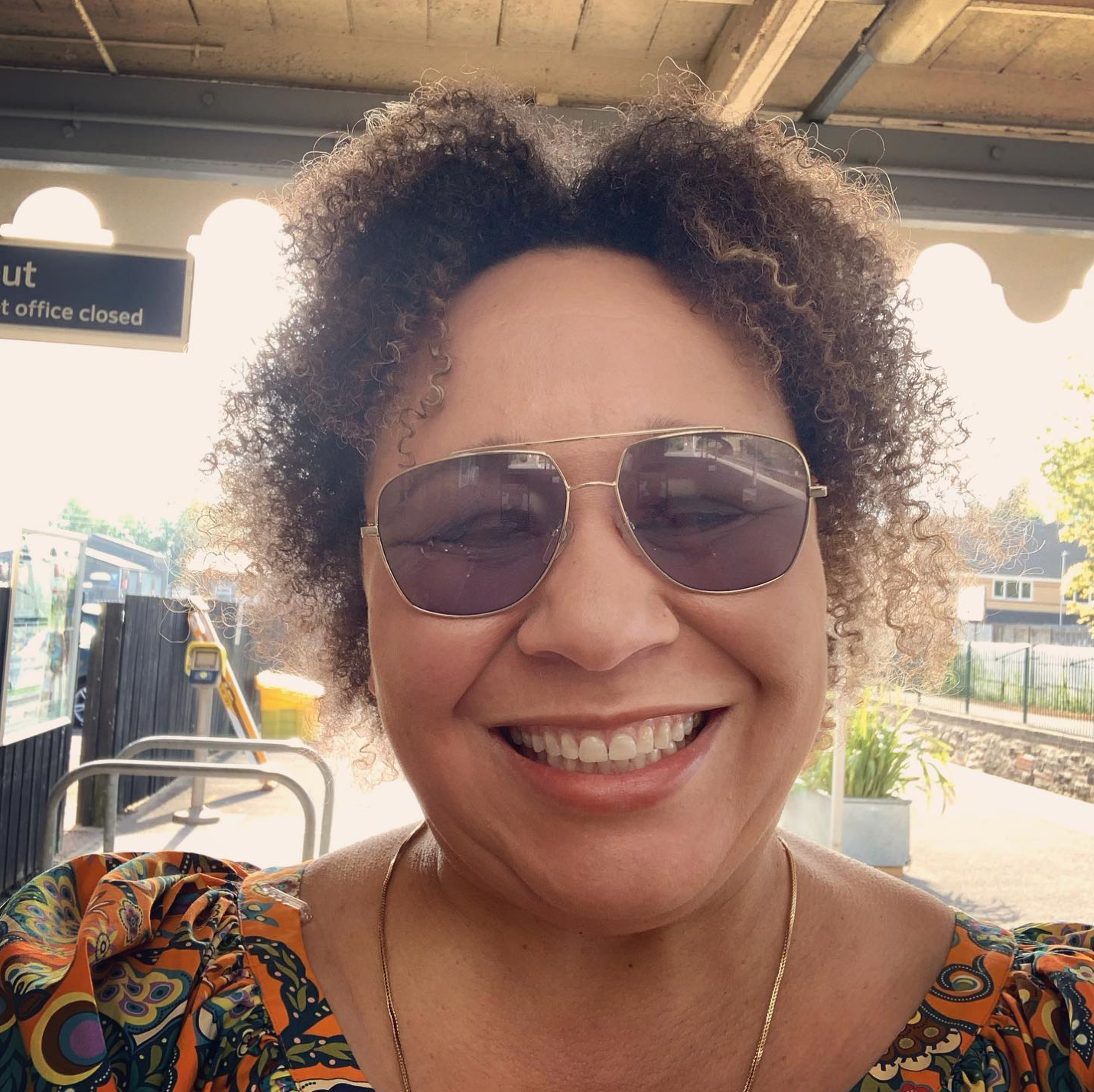
Now, we know Simi is like you in a few ways, tell us what part of the book has a semblance of your life or daily activities.
The friendship! I have a close group of Anglo-Nigerian friends and we do meet for long (and loud) lunches in a Nigerian restaurant, that bears more than a passing resemblance to Buka. I wanted to recreate this but also explore how someone with obscene wealth and privilege plus the determination to wreak revenge could infiltrate this tight group, manipulate their insecurities and desires and cause plenty wahala.
I’m lucky, I have a small group of wonderful women who accept me exactly the way I am and who, I know, I can rely on. They have my back, make me laugh, and put me in my place. My friends are the great loves of my life. And there is no Isobel in my group!
Friendships require work and it’s a two-way street. If someone wants to know all your business without opening up about their life, it’s a warning sign. Be wary of unsolicited advice or of revealing too many secrets.
Outside friendship, were there characters or attributes in Wahala that were derived from real-life events?
So, Ronke’s grandparents that wanted nothing to do with her – well, mine were similar. Simi dropped out of medical school, freaking her parents out – that was me too (sorry Dad). Boo’s desperation to fit in, to assimilate – I’ve been there, when I first moved from Lagos to London, I straightened my hair and tweaked my name.
Wahala is not autobiographical, but you draw on what you know. But rest assured, Wahala is fiction.
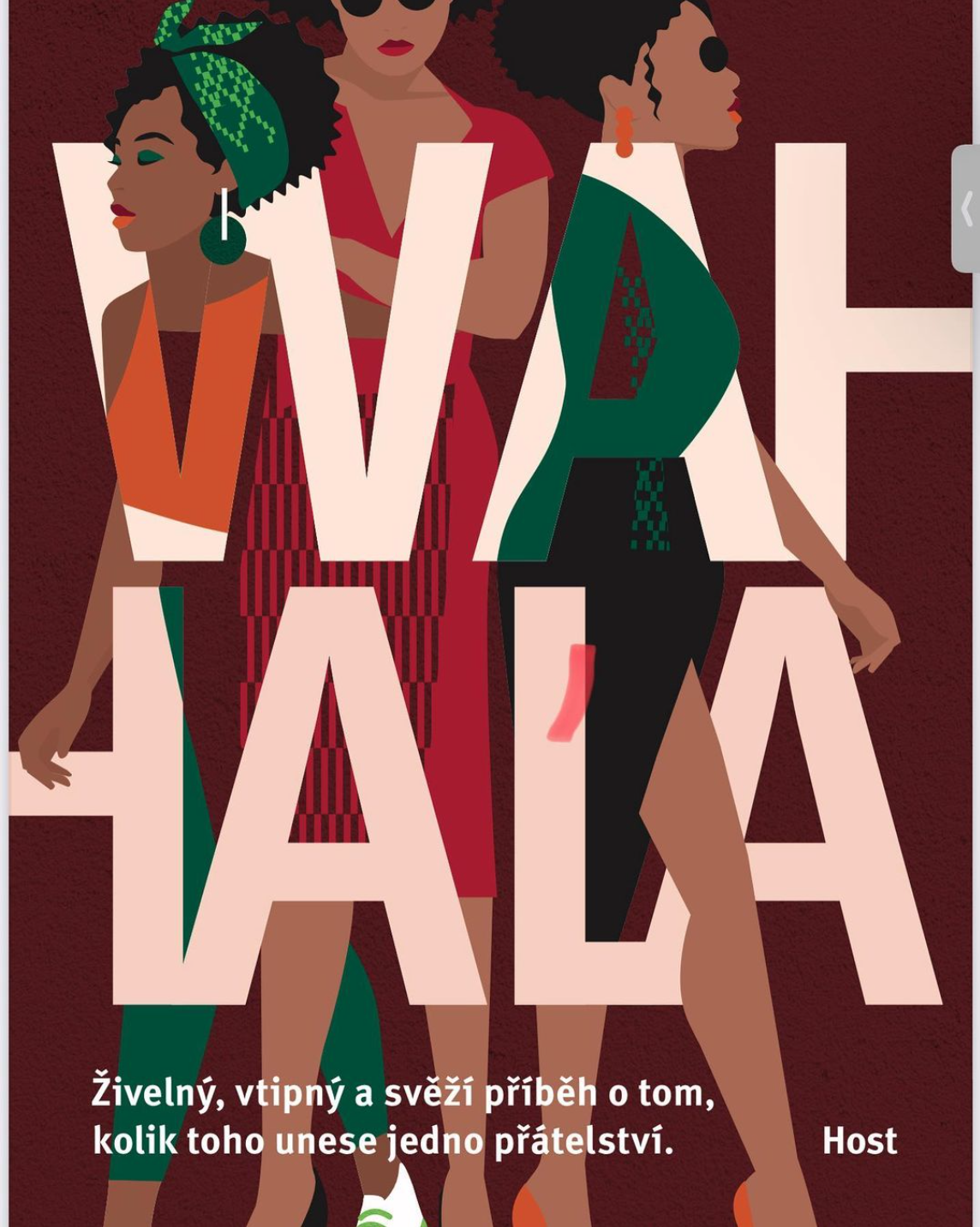
Literature has many interpretations, what’s the major thing you want people to take away from Wahala?
Wahala is a story about identity and belonging, so I hope it makes people think about what it means to straddle two cultures. My goal was to write a fun book and I want readers to enjoy it. If it makes them laugh and gasp, that will be perfect. If it makes them hungry, even better.
I’ve learned that writing a book is hard! But being a published author is worth all the wahala!
Now that you’re a published author, is there any part of the book you second-guessed at publishing and would’ve liked to make changes to?
I’m very proud of Wahala. I set out to write an entertaining, contemporary novel that put successful Anglo-Nigerian women front and centre and I think I’ve succeeded. Hindsight is wonderful and I’m sure there are things that I could have done better, but all in all, I wrote the book I wanted to write and I’m proud of it.
Wahala is imbued with my life experiences and my world views. It’s the story only I could write in a voice that is all my own. My insights are not researched, they’re lived.
I wanted to re-present my experience – mixed-race and middle class – but it’s impossible to have four mixed-race characters without race and class creeping in, so I explore privilege, identity, and belonging.
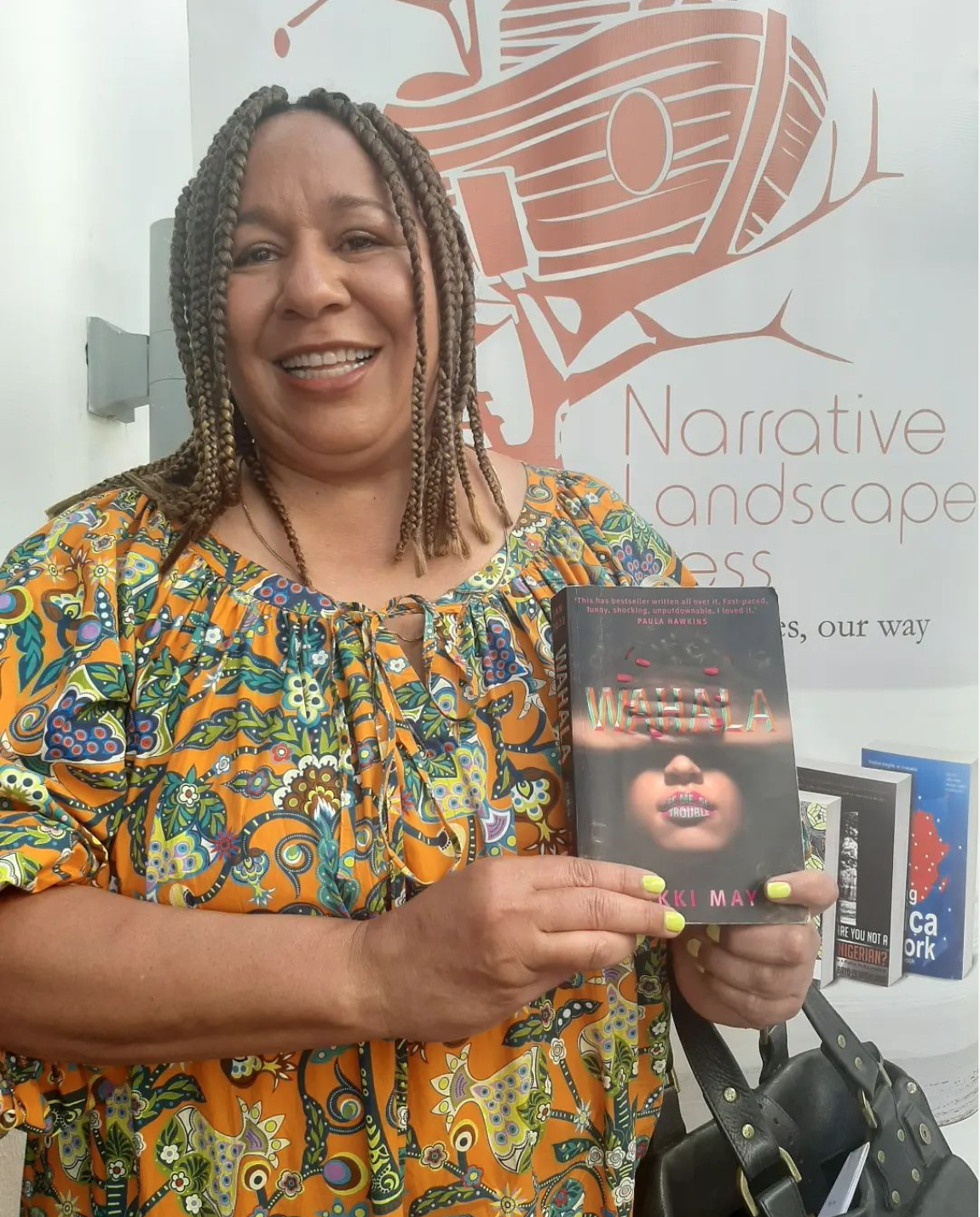
Tell us all about your book tour in Lagos and if it matched your expectations
I am overjoyed to be having live events in Lagos, the city I grew up in, the city I love. I’ve been blown away by the incredibly warm welcome from my publishers, Narrative Landscape, the wonderful booksellers, and most importantly, readers. I’ve also reconnected with old friends from my secondary school, Queen’s College, and this has been so emotional.
It’s wonderful that readers are seeing my book for what it is — a fun, entertaining read. My main aim? I just want to enjoy the ride.
You’ve done a really good job, Nikki. Should we be expecting a new book from you soon?
Coincidently, I sent my next manuscript off to my UK and US publishers last week. It’s called Brown Girl in The Ring and is loosely inspired by Jane Austen’s Mansfield Park. It tells the story of a young girl who, after a tragic accident, is sent from Lagos to live with her white grandparents in England and then returns to Lagos as an eighteen-year-old. I had so much fun researching this trip, I’ve visited Tarkwa Bay, LUTH, and Tejuosho Market, and eaten at as many bukas as possible.
Brown Girl in The Ring delves into the thorny territories of race, class, greed, and prejudice. But at its heart is a story of love and finding your place.
Aye! We bet it’ll be as fantastic as Wahala. We can’t wait!
***
Nikita May described her interview with BellaNaija as “thrilling” and we’re super glad to have her too. Many thanks to Nikita for having this conversation with us. You can get a copy of Wahala in Narrativelandscape, RovingHeights, Amazon, and Goodreads.


